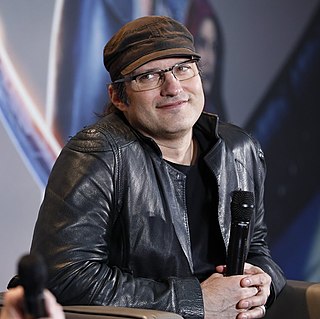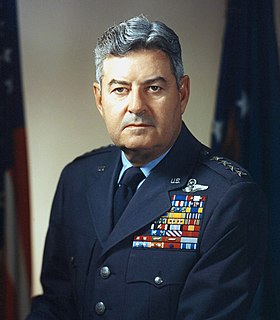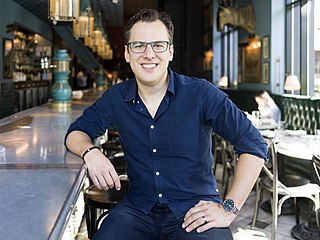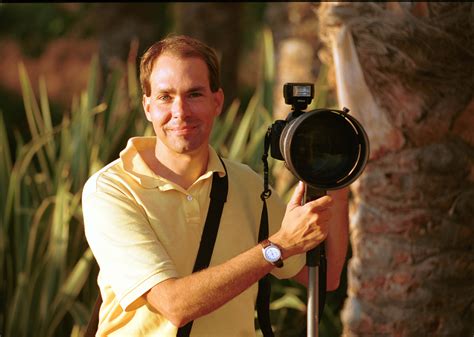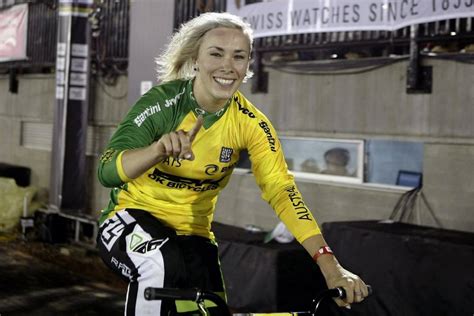A Quote by Robert Rodriguez
Low budgets force you to be more creative. Sometimes, with too much money, time and equipment, you can over-think. My way, you can use your gut instinct.
Related Quotes
Don't be too much concerned about money, because that is the greatest distraction against happiness. And the irony of ironies is that people think they will be happy when they have money. Money has nothing to do with happiness. If you are happy and you have money, you can use it for happiness. If you are unhappy and you have money, you will use that money for more unhappiness. Because money is simply a neutral force.
If you work in the city long enough, it begins to deal with you on a personal level. Streets reveal their moods. Sometimes the signal light loves you. Sometimes they fight you. When you're hunting for a new building, you hope the city is on your side. You have to use a little bit of thinking--you might call it the process of elimination--and you need a little bit of instinct, but not too much of either. If you think too hard, you overshoot your target and end up at the Pier or the Tenderloin. If you relax and let the city help, the destination does all the work for you.
Don't you dare underestimate the power of your own instinct. Instinct is a lifesaver for sharks and entrepreneurs alike. Most people can recall times they ignored their gut only to regret it later. Learning to actually listen to your instinct is a great form of self-preservation. It's both incredibly easy and tough at the same time, but worth the effort to master.
The model we established was to give creative people complete creative freedom in exchange for betting on themselves, so they work for the minimums you're allowed to work for, and if the movies work in a big way, everyone does very well. If the movies don't, nobody loses too much money. The benefit to doing all the movies low budget is we can tell different types of stories and take creative risks. The Purge would have been irresponsible to do for $20M, but to do it for $3M makes sense.
All I've learned is that you need the studio system sometimes, if your budget is a certain size, and other films you can do independently. When I think of a studio, I generally think of distribution. Since I'm a director, I have a similar creative experience on every film I do, because I can control that. But then it's a different film, I think, as it reaches the public, depending on the way it's marketed. I don't know. I haven't learned much of anything. Sometimes you need them, sometimes you don't. Sometimes they want you, most of the time they don't.
